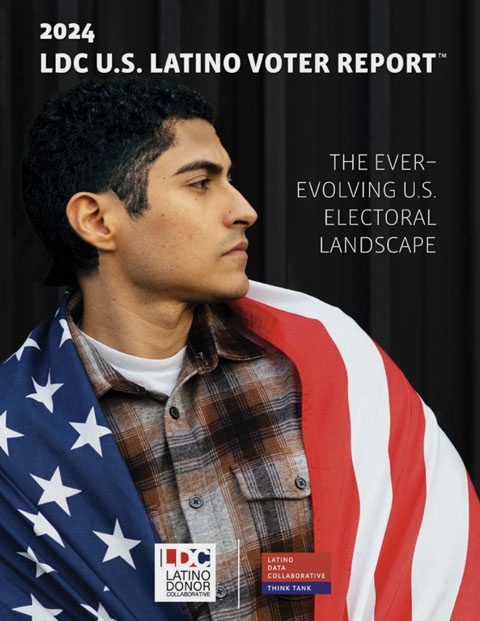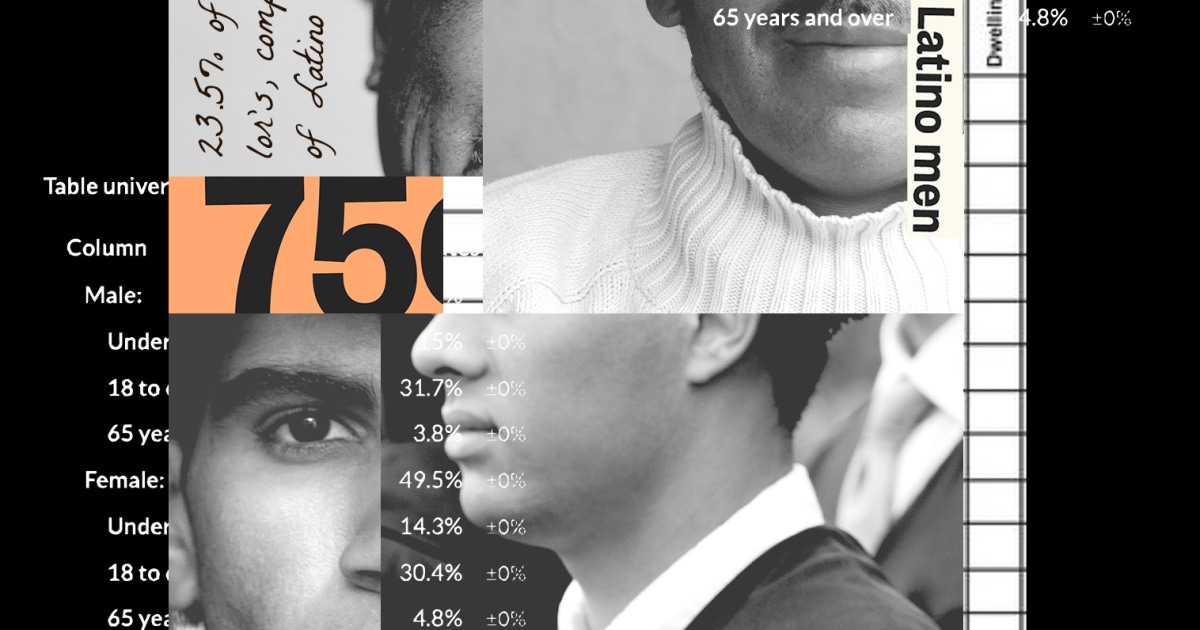
The 2024 election has revealed a significant shift in Latino voting patterns, challenging long-held assumptions and highlighting the need for a more nuanced understanding of this diverse electorate.
As a non-partisan analyst, I've observed that statistical facts tell a compelling story. According to the 2024 LDC U.S. Latino Voter Report™, 64.2% of Latinos define themselves as having low levels of party identification, voting more for issues, or as independent voters. This independence was reflected in the election results, with Donald Trump securing 45% of Latino votes, a 13% increase from 2020, according to the first national exit polls.
This shift didn't occur in a vacuum. The top issues for Latino voters in 2024 were the economy, immigration, health care, and gun policy/violent crimes, according to our findings at the LDC.
Many Latino voters felt that the current administration underdelivered on its promises on these issues and feared the pattern would repeat itself under the direction of a Kamala Harris administration. The Democrats’ faith in a false notion of Latino loyalty led to complacency.
The Trump campaign might have seemed like an unlikely choice with its harmful, divisive rhetoric and anti-immigrant policies. But in looking at their tailored messaging, Trump’s team made calculated moves to reach culturally conservative Latinos.
They tapped into something real for these voters—the appeal to traditional values, economic opportunity, and a message that resonated on a personal level: even when the economy is strong on paper, everyday families face struggles and fear.
With wealthier Latinos, the campaign addressed concerns over taxes and inflation with a directness that resonated, especially among young professionals concerned about protecting their earnings.
When it comes to young Latinos, it appears the Trump campaign did more to build their platform digitally, studying and investing more in targeting Latinos on social media. We even saw evidence that AI-generated misinformation campaigns were targeted toward Latinos, according to Fortune.
What Happens Next
Looking beyond 2024, politicians need to understand the following two truths, which may seem contradictory but are very interconnected.
First, U.S. Latinos come from diverse backgrounds that inform their worldviews and voting decisions. What resonates with conservative Mexican Americans in Texas, Cubans, and Venezuelans may not resonate with the Mexican American community in the West.
Second, Latinos are Americans. We care about many of the same issues as other Americans, but we are unique as our backgrounds are also multicultural. We are 200%: 100% Americans and 100% Latinos.
It is well past time for both political parties to wake up, recognize the immense power of the Latino vote, and fight harder for it. Annually, 1.4 million U.S. Latinos become eligible to vote, and Latinos accounted for nearly 71% of U.S. population growth between 2022 and 2023. This growth is propelled by U.S.-born Latinos, not just immigration. Ninety-four percent of young U.S. Latinos (ages 18 and under) were born in this country and represent the future of the electorate.
Moving forward, both major parties must get to know and understand the generations of U.S. Latinos and invest in engaging them not through the lens of stereotypes but as the authentic economic contributors they are.
As the number of U.S. Latino voters grows, we will require understanding, authentic engagement, and a commitment to addressing the issues that matter most to us. Political strategists would do well to recognize the complexity of the Latino electorate and tailor their approaches accordingly. The Latino vote should not be taken for granted by any party, nor should Latinos be blamed for exhibiting years-long frustrations at the polls.
The Latino vote is not a guaranteed victory for anyone, and It is not a prize to be won overnight. It’s a long-term investment to know that Latinos can be open to political persuasion when it comes to solutions to the issues that matter to them.
Ana Valdez is President and CEO of the Latino Donor Collaborative.
What We’re Reading
More About Latino Men: NBC News was the latest outlet to publish a story about Trump and Latino men. Here is the story.
The Latino Newsletter welcomes opinion pieces in English and/or Spanish from community voices. You can email our publisher, Julio Ricardo Varela. The views expressed by outside opinion contributors do not necessarily reflect the editorial views of this outlet.


